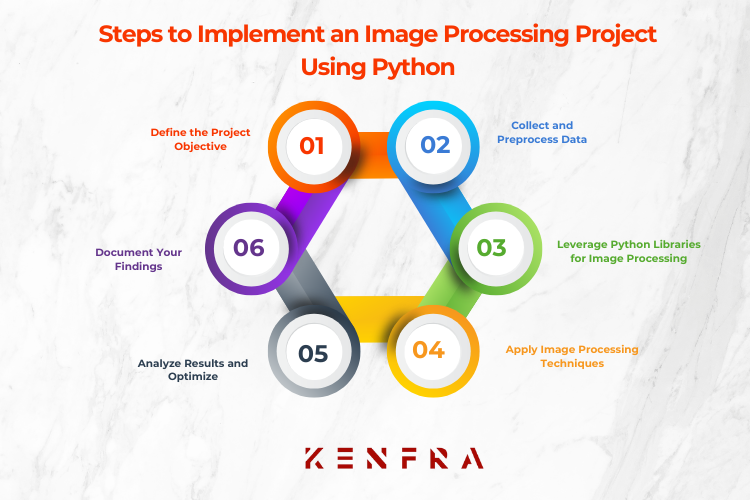06Dec
- Home
- How to Implement a Python Image Processing Project for PhD Scholars: A Comprehensive Guide
- PhD Research Updates, Python Programming for Research, Image Processing, PhD Research Methodologies, Research Tools and Techniques, Image Processing in Research, Integration with Machine Learning, Project Objective, Preprocess Data, Leverage Python Libraries, Image Processing Techniques, Analyze Results, Python Image Processing, Image Processing Project, pre processing, OpenCV, Pillow (PIL), scikit-image, Open Data Sources, phd research
- How to Implement a Python Image Processing Project for PhD Scholars: A Comprehensive Guide










Leave a Reply